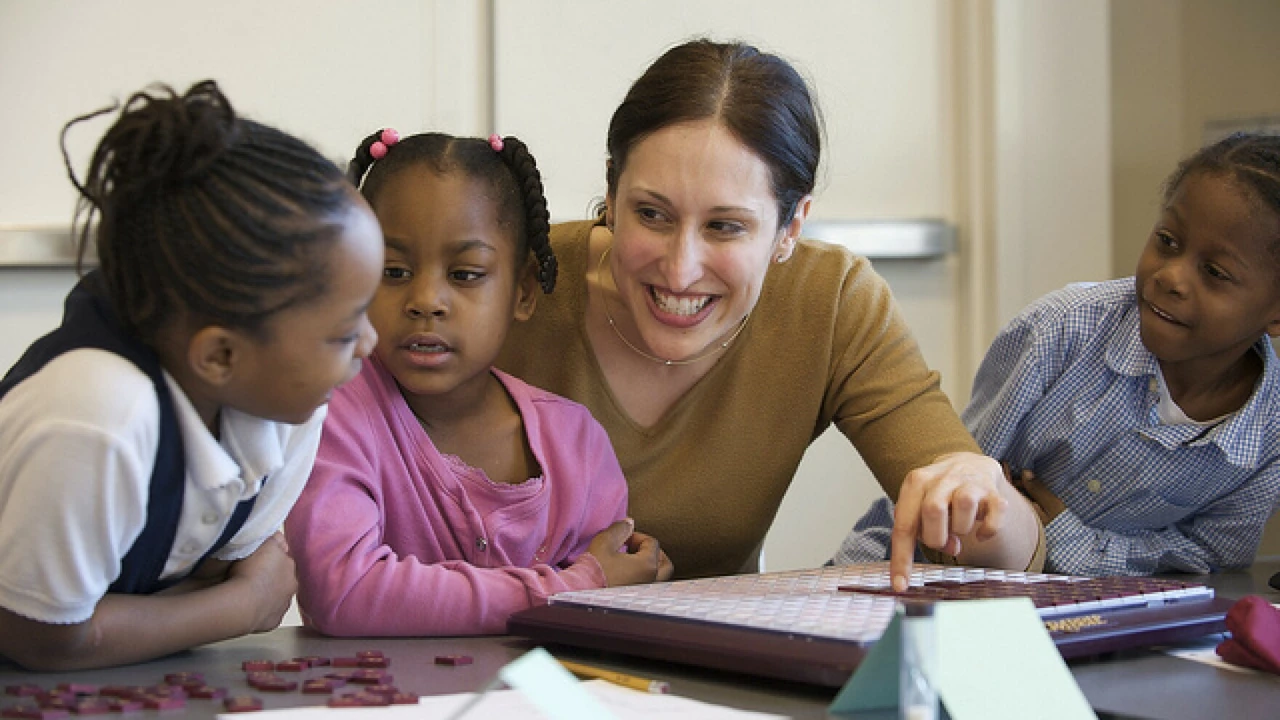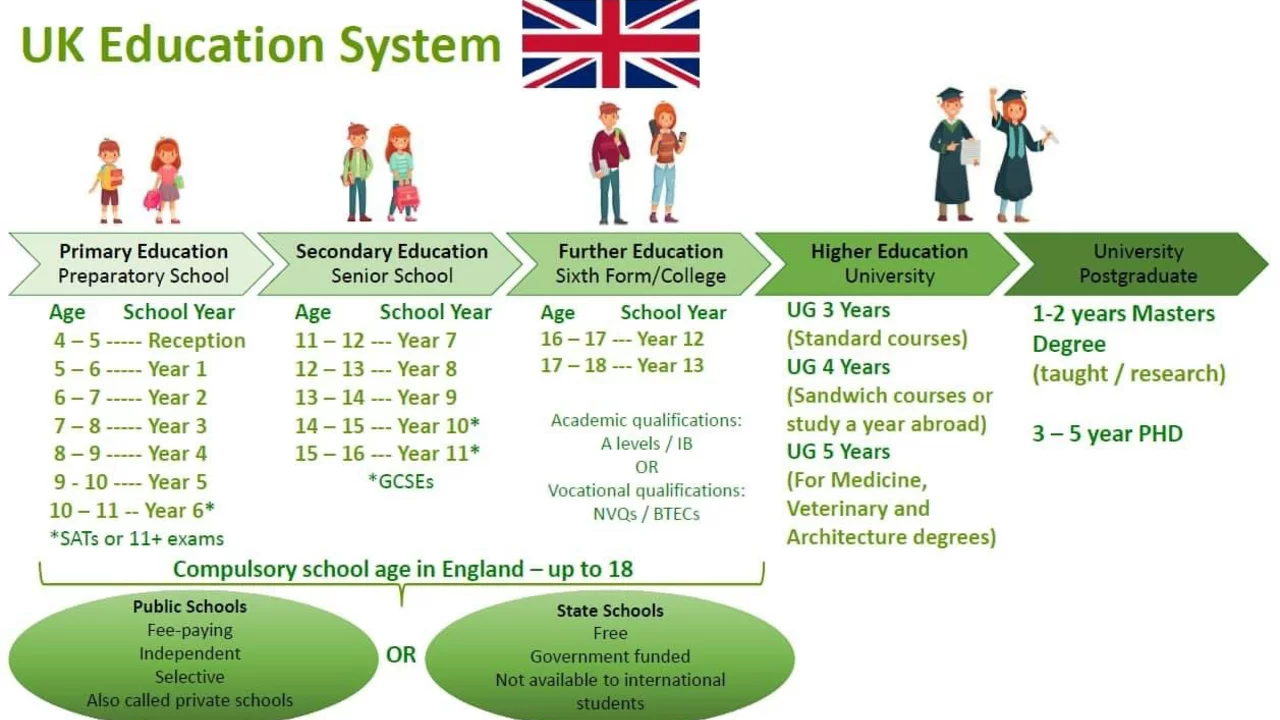July 2023 Education Highlights: Programs, Legal Steps, and Teacher Growth
Hey there! If you browsed Timeless Education Hub in July, you probably saw three posts that tackled big questions many educators face. Below is a quick run‑through of what was shared, plus some practical takeaways you can use right away.
World‑Class Special Education Programs & Real Teacher Development
First up, we looked at the best special education programs around the globe. Researchers highlighted Vanderbilt University, the University of Kansas, and the University of Oregon as stand‑outs. What makes them special? They blend cutting‑edge research with hands‑on teaching labs, so students get both theory and practice. Classes often involve collaborative projects with local schools, giving future educators a chance to practice inclusive strategies before they graduate.
Beyond the program rankings, the post stressed why professional development matters for every teacher. Professional education isn’t just a one‑time certificate; it’s a lifelong habit of learning new teaching tricks, staying updated on child psychology, and refining classroom management. Think of it like a gym routine for your brain – the more you work on it, the stronger your teaching gets.
Practical tip: If you’re eyeing a special education master’s, check whether the school offers field placements in diverse settings. Real‑world experience with students who have different abilities helps you build the flexibility needed for inclusive classrooms.
How to Legally Launch a Continuing Education Program
The second post broke down the steps to start a continuing education program that complies with state laws. It all begins with a solid business plan that spells out your goals, target learners, and budget. Next, you dive into the licensing maze – each state has its own rules about who can offer adult courses and what accreditation you need.
Key actions include: registering your business entity, applying for any required state permits, and contacting an accrediting agency if you want your courses recognized for credit. The post also reminded readers to keep meticulous records of curricula, instructor qualifications, and student evaluations – they’re essential for audits.
Here’s a quick checklist you can copy:
- Draft a detailed program outline with learning outcomes.
- Research state-specific licensing requirements.
- Secure a business name and tax ID.
- Apply for accreditation (regional or national).
- Set up a compliance tracking system for documentation.
Following this roadmap saves you from costly delays and keeps your program running smoothly.
Whether you’re an educator wanting to monetize expertise or a nonprofit expanding community courses, the legal steps aren’t optional – they protect your learners and your reputation.
That’s the July roundup. Each article gave clear, actionable advice, from picking a top special‑ed school to checking the legal boxes for a new adult‑learning venture, and finally understanding why teacher professional development matters every day. Dive into the full posts for deeper details, but keep these pointers in mind as you plan your next educational move.

What is the best special education programs in the world?
After extensive research, it's clear that some of the top special education programs globally include those at Vanderbilt University, University of Kansas, and University of Oregon, renowned for their comprehensive and inclusive approach. These programs are highly praised for their innovative teaching methods, tailored to assist students with diverse needs. They place an emphasis on creating an inclusive learning environment that nurtures students academically, emotionally, and socially. Furthermore, they also focus on training educators to provide the best support possible. It's inspiring to see such dedication to ensuring every student has a chance at a quality education.
more

How to legally start a continuing education program?
Starting a continuing education program legally requires several steps. First, you need to create a detailed business plan outlining your program's goals, target audience, and funding sources. Then, it's crucial to determine your state's specific requirements for licensing and accreditation. Once you've met these requirements, you can apply for the necessary permits and licenses. Remember, staying compliant with all regulations and standards will ensure the longevity of your program.
more

What do you mean by professional education of teacher?
Professional education of teachers refers to the specialized training and coursework that educators undertake to enhance their teaching skills and knowledge. This includes studying learning theories, child psychology, and pedagogical techniques. It's not just about mastering a subject, but also understanding how to effectively impart that knowledge to students. This professional development can be pursued at any stage of a teacher's career and is crucial for maintaining teaching quality and up-to-date educational practices. It's like a lifelong learning journey that helps teachers to continuously improve and adapt.
more


